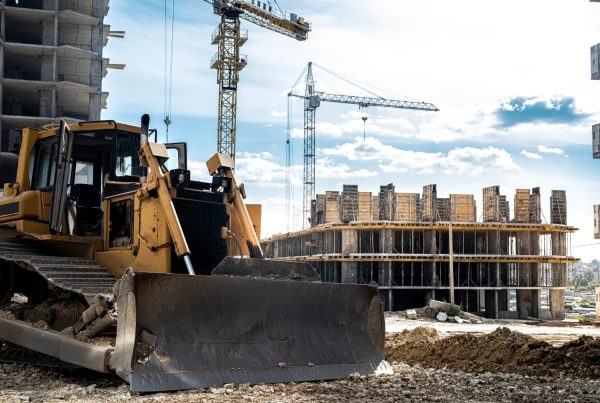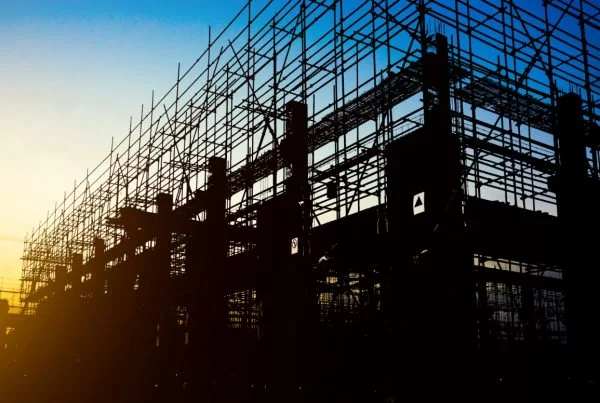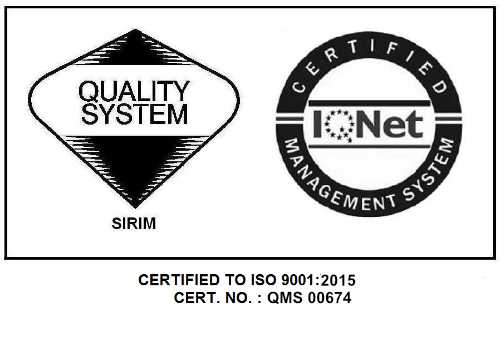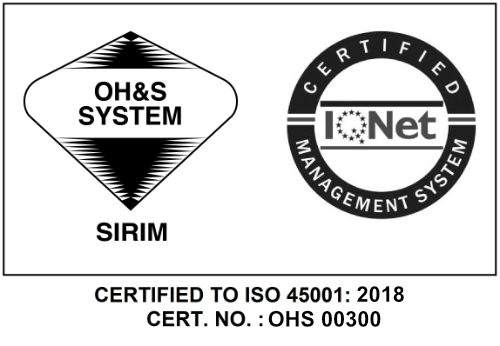
Malaysia’s construction industry is on the cusp of a technological revolution, with Artificial Intelligence (AI) at the forefront. The Global AI in the construction market, worth US$519.63 million in 2021, is expected to swell to US$3,554.22 million by 2027, boasting a Compound Annual Growth Rate (CAGR) of 37.78%. Despite the impressive global figures, AI’s penetration in Malaysia remains modest, largely due to financial and knowledge barriers, particularly among small-scale contractors.
AI promises to redefine efficiency, from design to safety monitoring. It provides construction firms with enhanced project visibility and accurate payments and improves collaboration, ultimately lifting productivity. In an interview with Bernama, Ar. Nasrudin Sharkawi of Universiti Sains Islam Malaysia (USIM) emphasised that leveraging AI’s capabilities is essential for the industry’s long-term competitiveness.
However, the uptake of AI in Malaysia’s construction has been slow. The industry grapples with high initial costs and a significant expertise gap in managing AI technologies. The Construction Industry Board (CIDB) and experts like Nasrudin advocate for a holistic approach to cultivating AI-driven skills, calling on government agencies to facilitate more robust AI training programmes.
Government support is also critical in nurturing AI adoption. Efforts like grants, incentives, and subsidies can empower contractors to integrate AI tools, ensuring even small players can participate in this technological shift. Such strategic support can foster an environment where AI enhances, rather than displaces, the human workforce.
The role of continuous monitoring is equally pivotal, as highlighted to Bernama by Dr. Shazwan Mohamed Shaari of Universiti Malaysia Sarawak (UNIMAS). Like the evolution of drone regulations, AI in construction demands oversight to prevent misuse and ensure it serves the industry’s best interests.
As Malaysia looks to global examples from China, Japan, Singapore, and Sweden, where AI in construction is more established, it faces a dual challenge: embracing the technology to remain globally competitive while ensuring it complements the current workforce. This delicate balance will define the industry’s ability to harness AI’s full potential and secure its place in the rapidly changing landscape of global construction.














